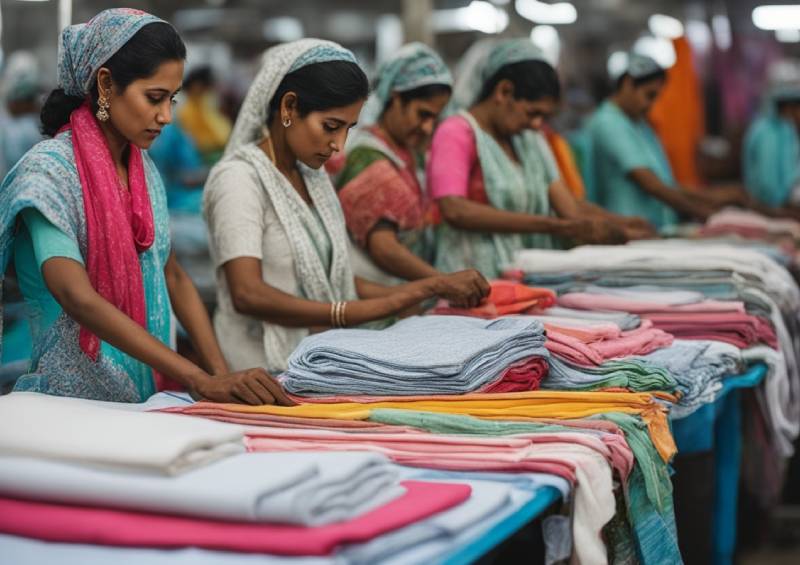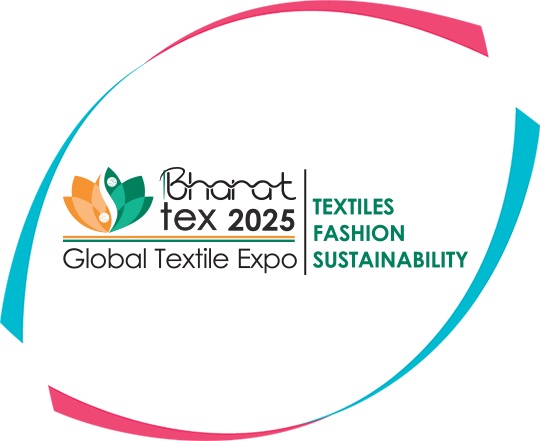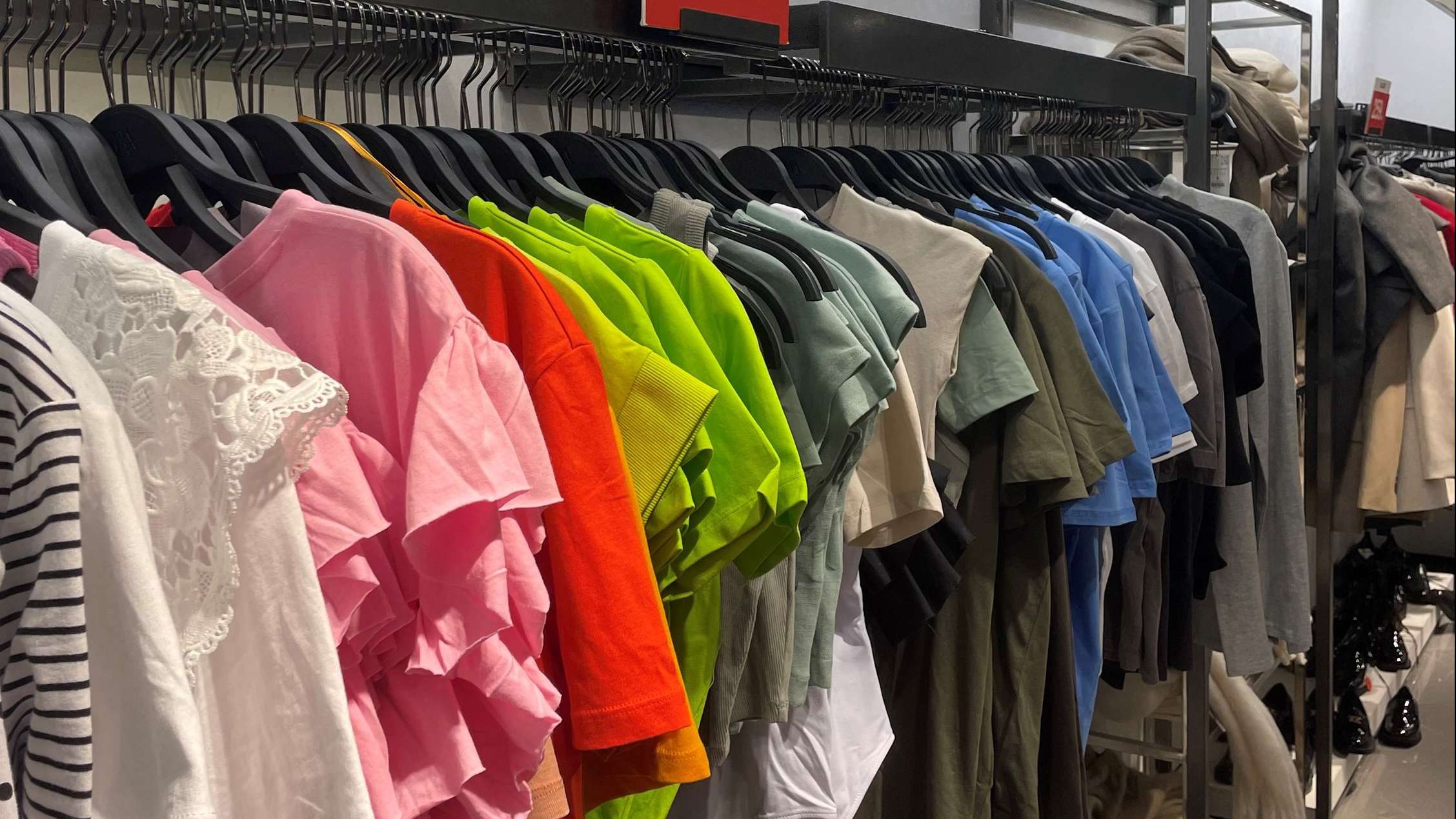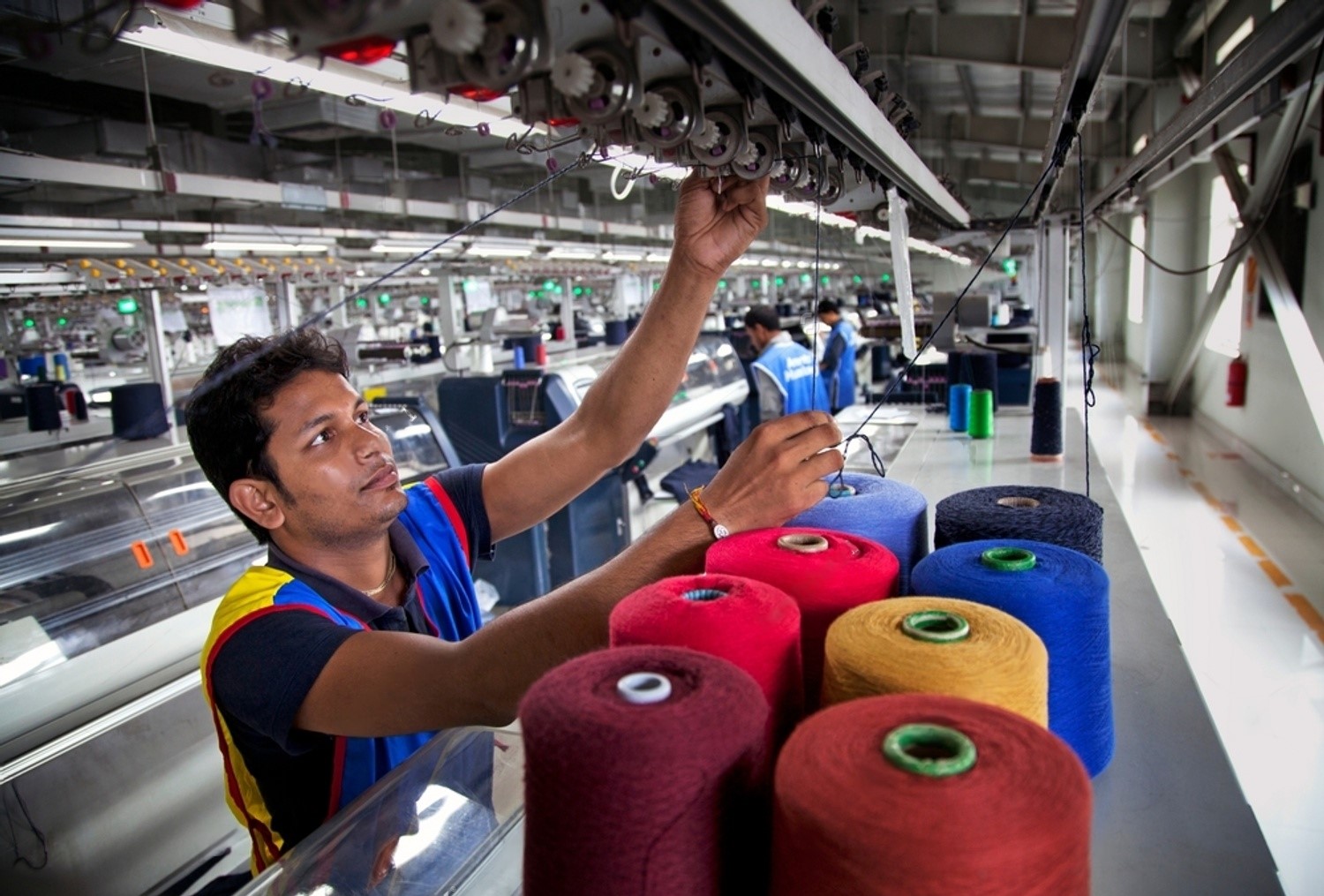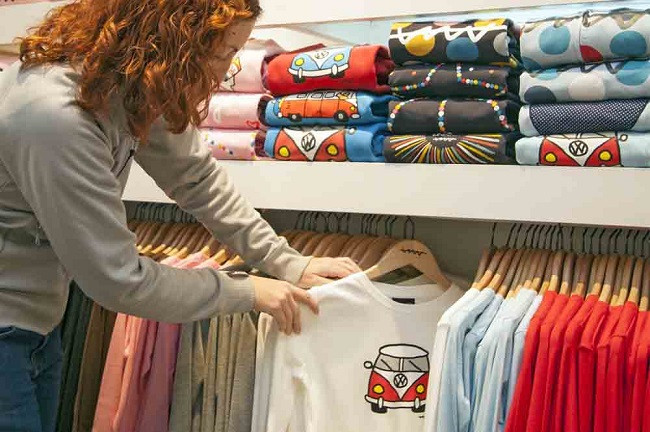Cambodia is the fifth biggest supplier of garment and textile products to the European Union. It’s behind China, Bangladesh, Turkey and India. Cambodia’s garment exports to the EU grew 14 per cent in 2016. EU market growth was largely as a result of preferential treatment under the ‘Everything But Arms’ (EBA) agreement, which allows garment products to enter the EU market duty-free due to its status on the list of least developed countries.
The EU’s Everything But Arms arrangement (EBA) was born in 2001 to give LDCs duty-free and quota-free access to the EU for all their exports with the exception of arms and armaments. This makes it the most generous form of preferential treatment to LDCs globally. There are currently 49 beneficiaries under this arrangement.
Entry into the EBA is automatic and, unlike other GSP arrangements, the EBA has no time-limit. With the per capita income of Cambodia already surpassing the middle income economy’s threshold, sooner or later Cambodia will lose its LDC status as classified by the United Nations. Once Cambodia loses this status, it will surely affect the garment industry. Therefore Cambodia will have to diversify its economic foundations as well as increase its productivity.
Cambodia is fifth biggest garment supplier to EU
- 1
- 2
- 3
- 4
- 5
- 6
- 7
- 8
- 9
- 10
Global Textiles Wrap Up 2024, Outlook 2025: Year of resilience and transformatio…
Year 2024 has seen dynamic shifts and surprising resilience in the global textile sector. Despite facing numerous challenges, the industry... Read more
Brands must adapt to win over the inclusive consumer: Kantar's Brand Inclusion I…
At a time marked by increasing awareness and demand for diversity, equity, and inclusion (DE&I), brands are at a critical... Read more
Bangladesh's RMG Sector: Facing challenges, seeking resilience
A new White Paper on the state of the Bangladesh economy has shed light on the challenges and opportunities facing... Read more
Bharat Tex 2025: India’s textile industry leads global innovation and sustainabi…
India's textile industry is a cornerstone of the economy, contributing 2.3 per cent to GDP and employing over 100 million... Read more
EU Garment Imports Shift: Consolidation gives way to diversification
A new analysis of EU garment import data from the International Trade Commission reveals a shift in sourcing patterns. While... Read more
PLI Scheme Falters: India's textile industry misses out on global growth
The Production-Linked Incentive (PLI) scheme, designed to boost Indian manufacturing, is facing headwinds, particularly in the textile and apparel sector.... Read more
The future of fashion, a $2.97 trillion opportunity
The global apparel market is on a growth path and projected to reach a $2.97 trillion by 2033, says a... Read more
US Textile and Apparel Trade: CAFTA-DR relations, challenges, and opportunities
The US textile and apparel industry is a complex web of domestic manufacturing, imports, and exports, interwoven with trade agreements... Read more
VIATT 2025 set to boost Vietnam's textile industry growth
Vietnam's textile and garment sector is poised for continued growth in 2025, with exports expected to reach $44 billion, marking... Read more
India emerging a major apparel sourcing hub for US fashion companies
A new study by Prof Sheng Lu and research assistant Gabriella Giolli of the University of Delaware has shed light... Read more



